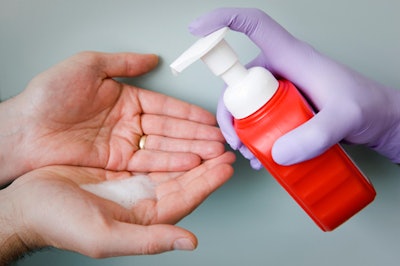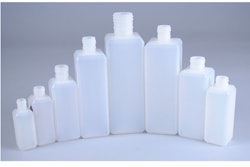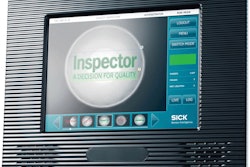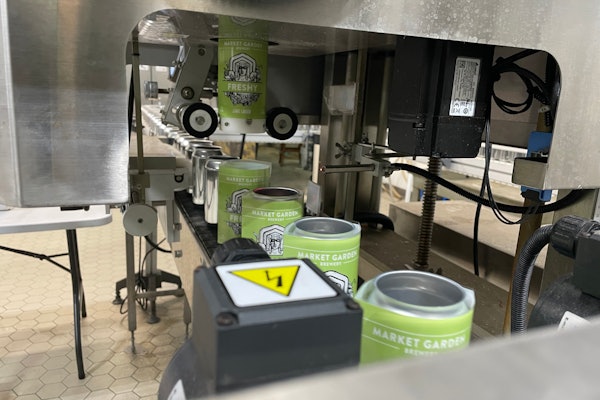
Labeling and marketing materials for the affected products also claim that they can prevent infection from other disease-causing agents. In addition, the labeling of some of the firms’ hand sanitizing drug products make claims related to preventing infection from E.coli and/or H1N1 flu virus. The FDA does not have sufficient evidence demonstrating that these products are safe and effective for these purposes.
The warning letters explain that the companies are marketing these products in violation of federal law.
"MRSA is a serious public health threat,” said Deborah Autor, director of the Office of Compliance in the FDA’s Center for Drug Evaluation and Research. “The FDA cannot allow companies to mislead consumers by making unproven prevention claims.”
The companies have 15 days to correct the violations cited in the warning letters. Failure to do so may result in legal action including seizure and injunction.
Health care professionals and patients are encouraged to report adverse events or side-effects related to the use of these products to the FDA's MedWatch Safety Information and Adverse Event Reporting Program by completing and submitting the report online at www.fda.gov/MedWatch/report.htm, or calling 800-332-1088 to request a reporting form. The completed form may be returned to the address on the pre-addressed form, or submitt by fax to 800-FDA-0178.
Consumers that have purchased these products should contact their physicians if they suspect a skin infection is either worsening or not improving.
—Edited from an April 20, 2011 FDA press release.


























